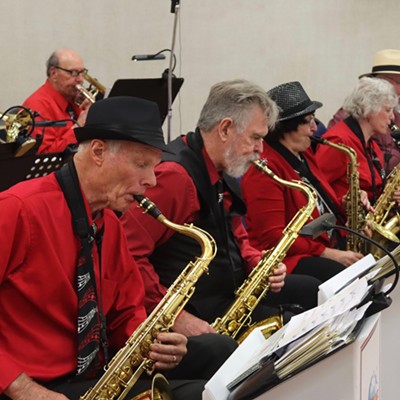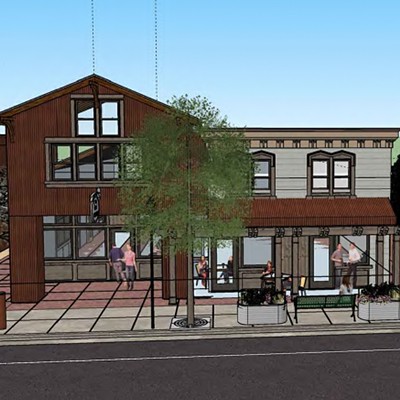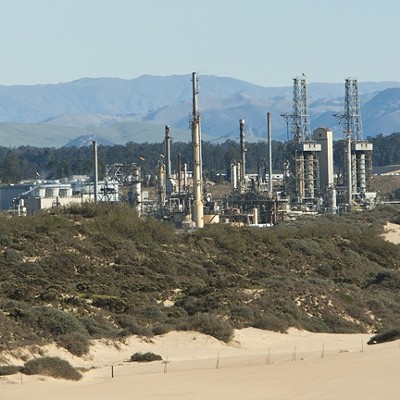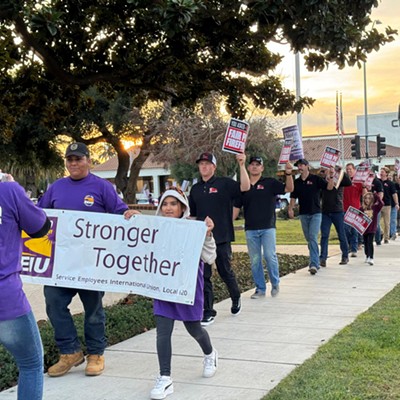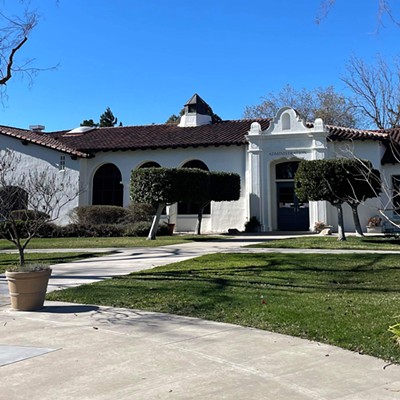An appeal filed against a cannabis cultivation project—with a proposed site in the Cat Canyon area—recently met with unanimous denial from the Santa Barbara County Planning Commission.
Despite county staff’s recommendations to reject the appeal, some Planning Commissioners were initially reluctant to deny the request, during deliberations at the Planning Commission’s Jan. 25 meeting.
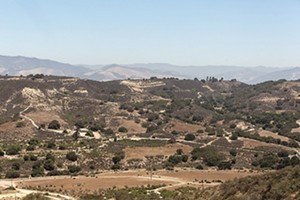
The appeal in question was against an approved land use permit for a 17.83-acre cannabis site—known as the Moriarty Holdings Cannabis Cultivation Project—on Long Canyon Road in the Santa Maria area. Although the appeal was deemed without merit by staff, Planning Commissioner Laura M. Bridley expressed doubts over the case after hearing from residents near the project site’s address.
“I’m really going out on a limb here, because I normally follow—I’m an obedient commissioner, I try to support what staff is saying,” Bridley said shortly after public comment ended. “I’m not so sure that I can make a finding that adequate public and private resources are available to serve this [project], given the testimony we heard today.”
The primary issue raised by appellant James Sullivan against the Moriarty permit is that the cultivation site’s projected water use can’t be supported by the local aquifer “without adversely impacting the domestic water wells of neighboring residents and landowners.” A handful of Long Canyon Road residents echoed Sullivan’s concern during public comment.
One public speaker, Kathy Deputy, said that Cat Canyon’s lack of water is well-known, and if all of the area’s existing water wells were used at once, “it could deplete the whole aquifer, which is at a historical low right now as it is.”
In its response to the aquifer issue, staff reported that “the applicant provided substantial evidence that demonstrates adequate water resources are available to serve the project,” and would specifically be sourcing its water from “an existing groundwater well located in the southeastern corner of the property, and a proposed and permitted groundwater well to be located in the northwestern corner of the property.”
Staff also reported that the appellant’s assertion that “finding water when drilling a new well is unlikely” is contrary to the conclusion made in the Moriarty project’s Water System Source Yield Assessment Memo, prepared by a California-licensed hydrogeologist.
“This is challenging because we have conflicting testimony,” Planning Commissioner C. Michael Cooney said. “Like my colleague, Commissioner Bridley, I have trouble with the findings, but in the end … we’re stuck here with an inability to justify turning down this project, as much as we might want to do that.
“I think we’re bound by staff’s recommendation … bound by the law to follow the advice of our staff and the experts that have written reports and have presented testimony that would be admissible,” Cooney added.
Before motioning to deny the appeal, Planning Commissioner Larry Ferini recommended that the appellant hire an independent hydrogeologist to conduct a study and testify if Sullivan decides to move forward and file a separate appeal with the county Board of Supervisors.
The appeal was ultimately denied in a 4-0 vote. Planning Commissioner John Parke was the last to vote during roll call.
“It’s just like at home, my vote doesn’t make a difference,” Parke said with a laugh. “So, of course I’ll agree with the powers that be.”


